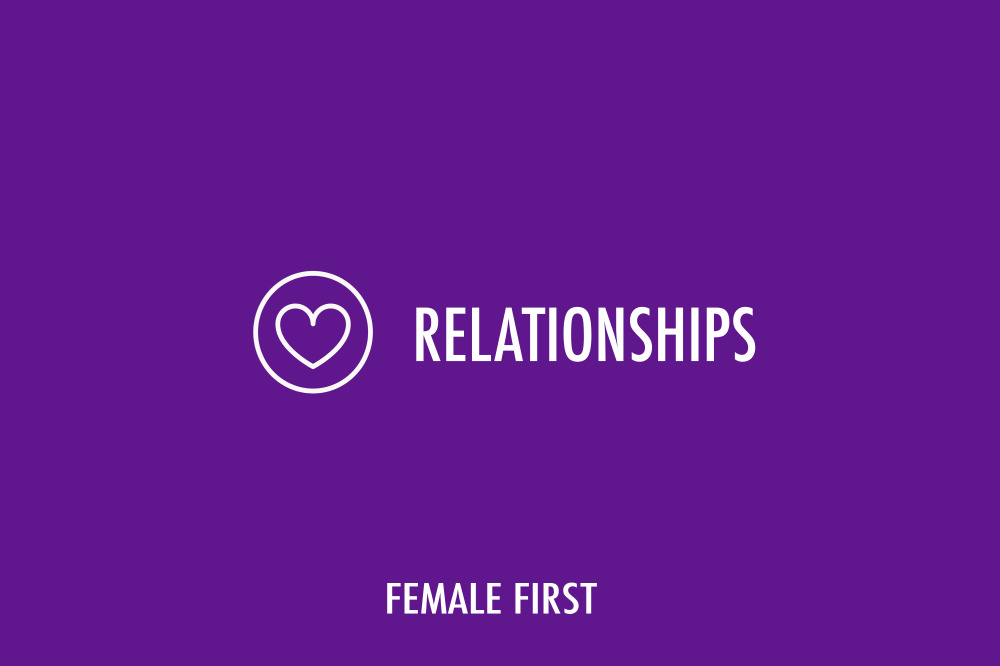A stroke can happen to anyone at any time- with one happening every 5 minutes in the UK. Juliet Bouverie, CEO of the Stroke Association, tells us how to support a partner who has experienced a stroke.

Relationships on Female First
“Research released by the Stroke Association has found that over 1 million stroke survivors in the UK are living in fear and 70% are afraid to go out alone. Sadly, 1 in 5 said they kept their fears to themselves and didn’t talk to anyone, with 37% saying that they didn’t want to worry anyone with their concerns.
It’s shocking that survivors of stroke feel that they can’t speak to those closest to them about their biggest worries- it means that loved ones, including partners, have a harder time supporting them.
But, with the right support, recovery is possible and stroke survivors can rebuild their lives. So what are the ways in which partners can support their loved ones through recovery of stroke?
Be patient
Let the stroke survivor do things in their own time. If there’s something that’s frustrating you, explain the problem calmly and focus on what you can both do to make it better.
Don’t over-complicate
Don’t make things too complicated- especially if the stroke survivor is finding it hard to concentrate or remember things. So, break down tasks down into individual steps, give simple instructions, one at a time, rather than a list of things to do. Get to the point!
Encourage and inspire
Instigate activities with the stroke survivor and think of ways to make them fun. Simply cooking a meal can be a fantastic way to practise planning and problem-solving. If progress is slow it can be easy to think that things will never get better, so help them by celebrating all their successes, however small.
Try not to do everything for them
It’s normal to want to do as much as possible for your partner when they’re in need. But this can slow down their recovery- it’s great to help them in doing things on their own. So, if they ask you what day it is, suggest they look at the paper to find out. Or, perhaps lay their clothes out so that they can dress themselves.
Help them get support
Some problems are often missed by doctors and it can be difficult to get them taken seriously. You need to trust that you know your parent better than they do, so don’t be afraid to keep pushing to get the support you need.
Find new ways to communicate
If your partner isn’t able to communicate in the same ways as before, then you’re going to need to learn new ways to do it! Ask them what helps. Get involved with their speech and language therapy as much as you can. Unfortunately, some survivors with communication problems say they feel invisible because people forget that they have something to say or aren’t willing to put the effort in to find out. Keep including your partner in conversations so that they feel seen and heard.
Find out more about how the Stroke Association is helping people think differently about stroke through the stories of stroke survivors, in their own words, as part of its Rebuilding Lives Campaign.”
tagged in Stroke
